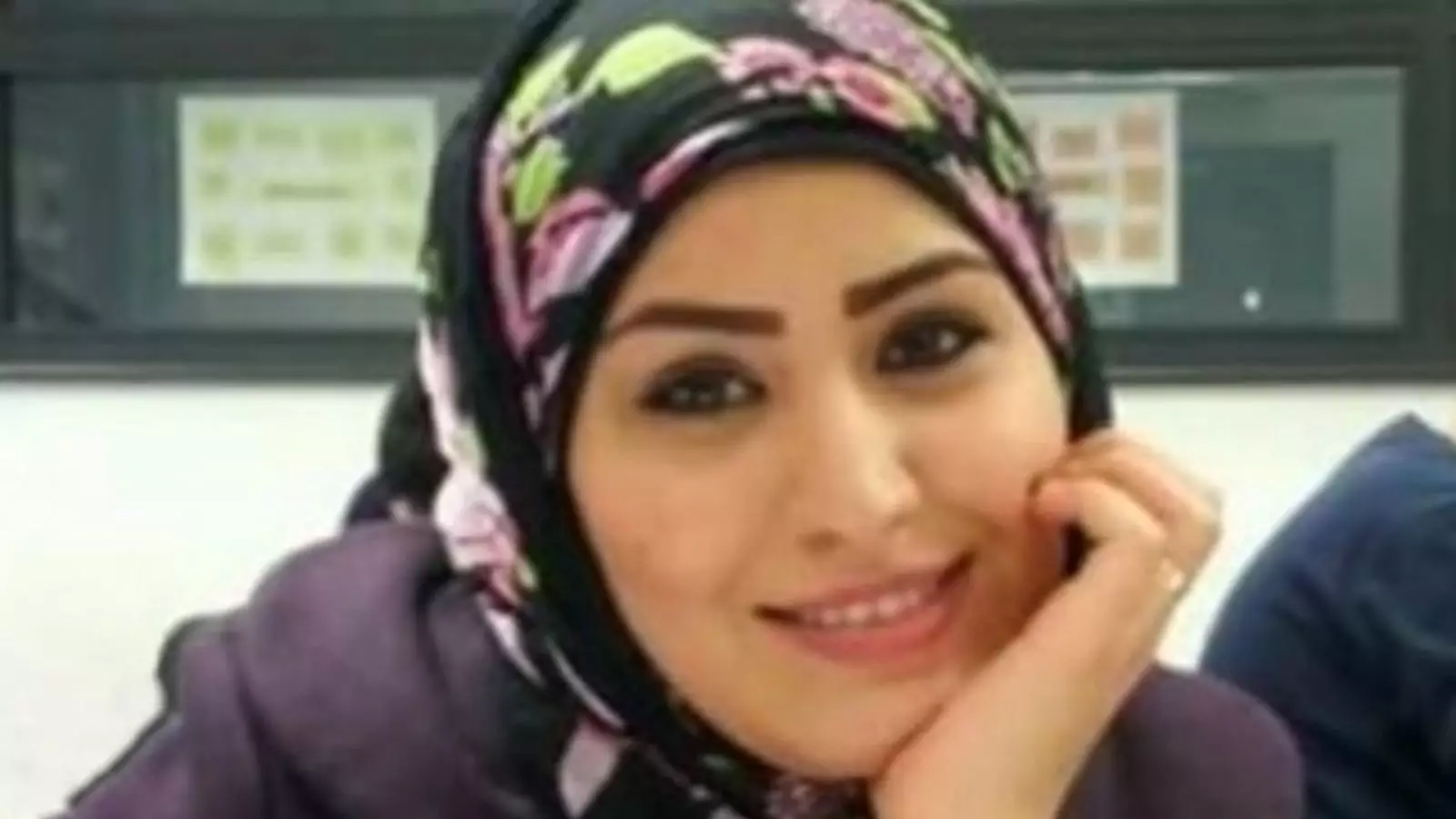The discovery of human remains in North Yorkshire has brought a haunting chapter of loss and tragedy back into focus, encapsulating the suffering of Rania Alayed’s family. Rania, a mother of three, was brutally murdered by her husband, Ahmed al Khatib, in 2013. Despite his conviction and life sentence in 2014 for this horrific crime, the absence of her remains left a painful void for her family, forcing them to endure years of uncertainty. Greater Manchester Police’s (GMP) recent announcement about locating these remains has reignited conversations about domestic violence, justice, and the pursuit of closure.
The recent discovery near Thirsk, prompted by new information gleaned by the police, was met with mixed emotions. While initial reports indicate that the remains may belong to Rania, no formal identification has been completed. The emotional weight of this situation resonates deeply with her family, especially with her son Yazan’s poignant statement about the long-awaited opportunity to pay their respects, “At last, being able to provide a final resting place is all we have wanted for the last 11 years.” This revelation allows a fragment of hope to emerge from the prolonged anguish and uncertainty that had enveloped the family.
The Impact of Domestic Violence
The circumstances surrounding Rania’s life and death shine a necessary spotlight on the ongoing issue of domestic violence, a pervasive and insidious blight that affects countless individuals across the globe. The narrative of Rania, who fled her original home in Syria, encapsulates a heart-wrenching reality: combining cultural challenges with the trauma of abusive relationships can devastate lives irrevocably. Her tragic end is not merely a statistic; it is a reminder of the urgent need for improved support systems for victims of domestic violence, the importance of raising awareness, and the roles society plays in preventing such tragedies.
Detective Chief Inspector Neil Higginson characterized Rania’s murder as “utterly horrific,” expressing the deep emotional toll on her relatives. The sentiment echoes louder than mere words; her family’s journey is one of relentless sorrow, longing, and resilience. The police’s commitment to keeping Rania’s family informed underscores a human-centric approach often overlooked in criminal investigations. The acknowledgment of their pain and the promise of closure is a crucial step toward healing, demonstrating that even in a sea of darkness, fostered empathy can shine a light of hope.
As the investigation progresses, the anticipation of closure for Rania Alayed’s family remains palpable. Finding her remains is not just about solving a case; it’s about restoring a sense of dignity and honor to a life cut tragically short. This critical moment serves as a solemn wake-up call to society about the lingering effects of violence against women and the legacy of pain that follows such acts. It is imperative that communities rally together to support survivors, improve safety measures, and advocate for justice, ensuring that stories like Rania’s turn into catalysts for change rather than mere memories of loss.


Leave a Reply